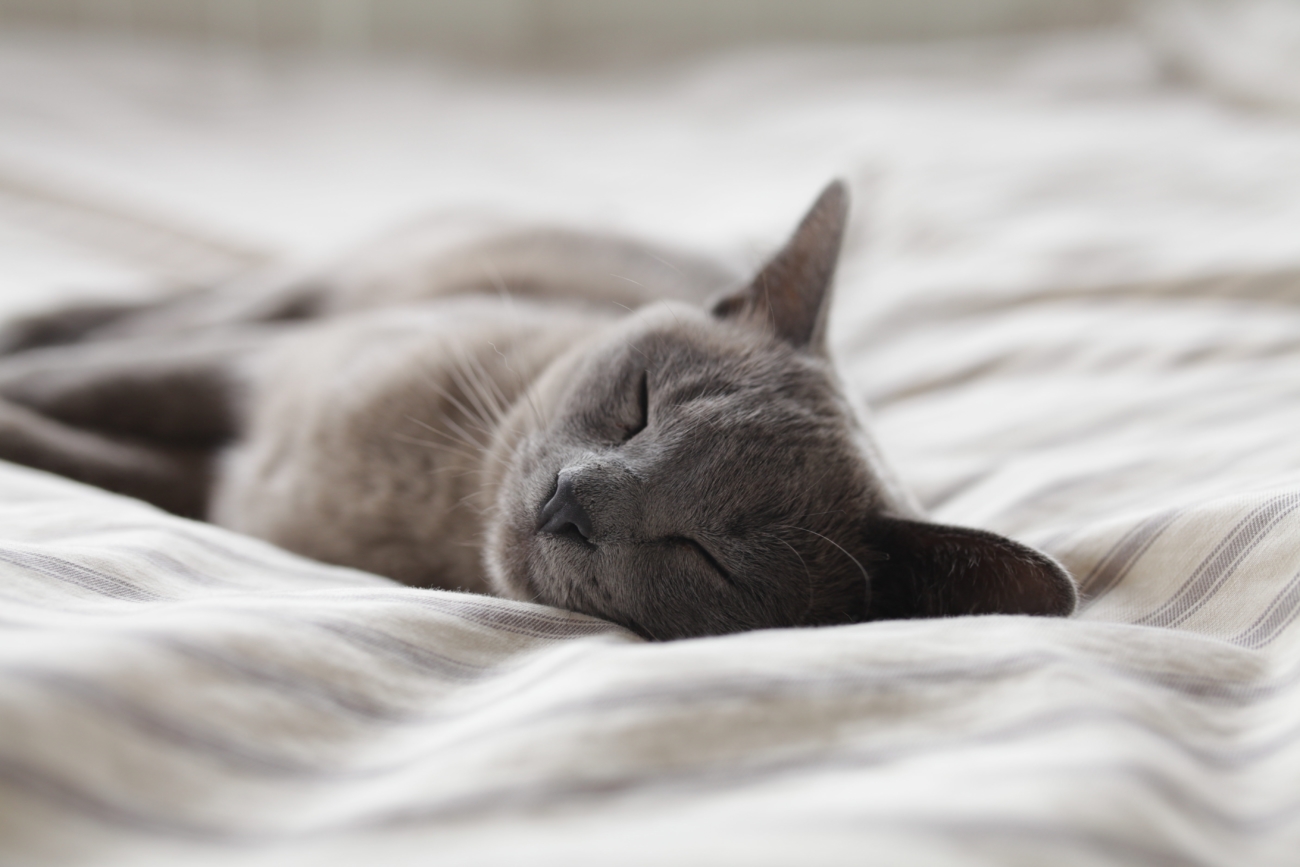Health Benefits of a Good Night’s Rest (and How to Get More of It)
It’s a well-known health tip as old as time: the importance of a quality night’s sleep. It’s a chance for our bodies to rest, heal and rejuvenate after each day and is a vital indicator of health and overall wellbeing, especially as we age. According to the National Sleep Foundation, those aged 65 and older should be getting a minimum of 7 to 8 hours of sleep each night to maintain physical and mental wellness. Below, we’ve put together some better sleep tips to help you hit the hay!
Advantages of a Good Night’s Sleep
There are so many benefits to getting enough sleep, especially as our bodies get older. Some of these advantages include:
- Boosted immune system
- Steadier blood sugar
- Regulated appetite and weight control
- Reduced anxiety and stress
- Mood booster and reduced symptoms of depression
- Enhanced attention span
- Improved memory
- Increased alertness
- Reduced risk of falling
- Improved heart health
Better Sleep Tips for Bedtime
Understanding how sleep impacts our minds and bodies is just the first step. To truly reap the benefits, try the following sleep tips to get your 8 hours!
Get On a Regular Schedule
Try to go to sleep and wake up at or around the same time each day. This can be a challenge on weekends or if you’re traveling, but well worth the effort!
Avoid Napping
Though it may be tempting to luxuriate in a cat nap from time to time, it can throw off the quality of your sleep and can keep you awake at night.
Stay Away From Electronics
The light from devices such as computers, televisions, cell phones or tablets can simulate daylight in your brain and can make it challenging to fall asleep. If you can, keep these out of your bedroom to avoid any temptation!
Don’t Exercise Too Late
Exercise can actually help you sleep better each night, but be aware of what time of day you’re getting your movement in. Because exercise gives your body energy, a good rule of thumb is to try not to work out within 3 hours of your bedtime.
Watch What You Eat and Drink
Make sure you avoid caffeine, large meals and alcohol later in the day as these are all common culprits of poor sleep. The impacts these foods have on your brain and digestion can make it challenging to have restful sleep, so be mindful of your consumption.
Develop Your Bedtime Routine
If done right, this is something you may even find yourself looking forward to! Having a routine that relaxes you and puts you in a mindset to sleep can help immensely at bedtime. Try reading a book, soaking in a bath, or listening to calming music or a podcast.
Regulate Your Bedroom Environment
As you prepare for bed, use low lighting to allow your eyes to relax and keep it as quiet as possible to help your mind settle. Set your bedroom to a comfortable sleeping temperature so you’re not kept up at night by being too cold or too hot.
At Cumberland Crossing by OceanView, we are an active retirement living community that prioritizes health and wellness by way of a healthy, happy lifestyle. To learn more about our community, please contact us today!



